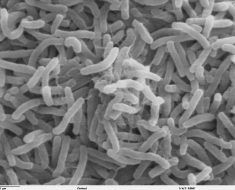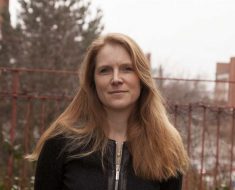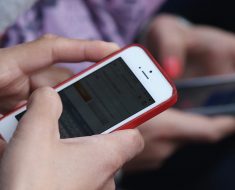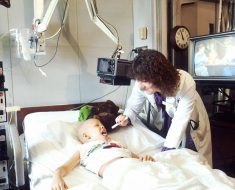TOPLINE:
In patients with neovascular age-related macular degeneration (nAMD), researchers found no clinically meaningful difference between treatment with the anti-VEGF agent aflibercept and the proposed biosimilar SB15, according to phase 3 trial results published online today in JAMA Ophthalmology.
METHODOLOGY:
-
A randomized double-masked trial that included 449 participants (mean age, 74 years) with treatment-naive nAMD.
-
Participants received 2 mg of SB15 or aflibercept every 4 weeks for the first 12 weeks, then every 8 weeks to week 48; final assessments were conducted at week 56.
-
The trial was conducted at 56 centers in the United States and nine other countries in Europe and Asia.
TAKEAWAY:
-
The least squares mean change in best-corrected visual acuity (BCVA) from baseline to week 8 — the primary endpoint — was equivalent for both groups (6.7 letters for the SB15 group vs 6.6 letters for the aflibercept group).
-
At 32 weeks, change from baseline in BCVA remained comparable: 7.6 letters for the SB15 group and 6.5 letters for the aflibercept group.
-
Change in central subfield thickness was comparable, and no differences were observed in pharmacokinetics or treatment-emergent adverse events that the researchers deemed clinically relevant.
-
Adverse events occurred in 47.8% of the SB15 group and 43.8% of the aflibercept group.
IN PRACTICE:
“Aflibercept biosimilars can expand available treatment options in retinal diseases and have the potential to improve patient access to safe and effective therapy,” according to the authors of the study.
STUDY DETAILS:
Samsung Bioepis, the Incheon, Republic of Korea-based company developing SB15, funded, planned, and conducted the study.
LIMITATIONS:
Most participants were Asian or White. In future presentations, the researchers plan to present longer-term data, including results after some participants were switched from aflibercept to SB15 at 32 weeks.
DISCLOSURES:
The study authors included employees of Samsung Bioepis and researchers who have received grants and fees from the company.
For more news, follow Medscape on Facebook, Twitter, Instagram, YouTube, and LinkedIn
Source: Read Full Article





